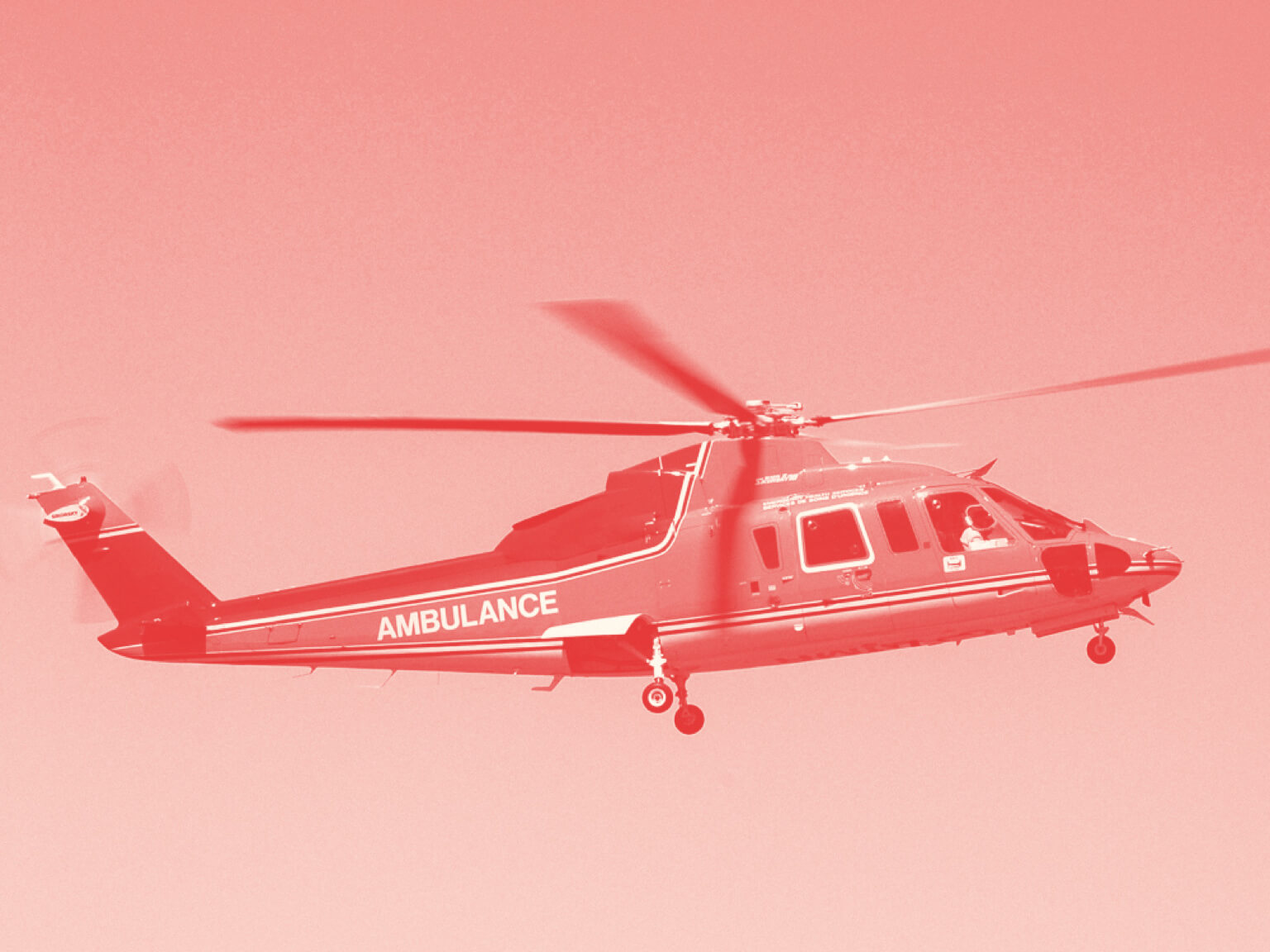What do IBSC Certified Flight Paramedics Do?
Certified Flight Paramedics are responsible for recovering or stabilizing patients while transporting them to a qualified medical facility. This is a high-stress, front-line job dealing with medical emergencies, transports, or evacuations in-air. Flight Paramedics work can work in both civilian and military situations.
Who Takes the FP-C Exam?
This is not an early-career or entry-level exam. The knowledge required is advanced and comes from years of appropriate work in the field. Paramedics need to have knowledge and experience of how to apply critical care intervention during different types of patient transport—ground ambulance, helicopter, aircraft, boats, etc.
More specifically, you need a thorough understanding of advanced-level patient care pathophysiology, plus significant knowledge of current standards established for Advanced Cardiac Life Support (ACLS), Pediatric Advanced Life Support (PALS), Neonatal Resuscitation Program (NRP), International Trauma Life Support (ITLS), and industry accreditation standards.

What Does the IBSC FP-C® Exam Cover?
The Certified Flight Paramedic exam consists of 110 scored questions and 25 unscored pretest questions. You have 150 minutes (2.5 hours) to complete the exam. From the FP-C Candidate Handbook, here is the content outline:
- Safety and Transport – 9 questions
- Flight Physiology – 7 questions
- Airway, Anesthesia, and Analgesics – 17 questions
- Medical Emergencies – 14 questions
- Neurological – 12 questions
- Cardiac – 14 questions
- Trauma/Burn – 13 questions
- Maternal, Fetal, and Neonatal – 8 questions
- Pediatric – 9 questions
- Professional Considerations – 7 questions
What do I need to be eligible for the Flight Paramedic certification?
To be eligible to attempt this certification, you must hold a current unrestricted paramedic license in the state or country of practice to qualify. You should have at least three years of experience as a critical care paramedic.
The additional requirements for a flight paramedic are:
- TNACT-, CCEMTP, ATLS-audit Certification
- Basic Life Support
- Advanced Cardiac Life Support
- Pediatric Advanced Life Support
- Pre-Hospital Trauma Life Support
Salary Comparison: Flight Paramedics vs. Paramedics
Paramedic Salaries
- Median Salary: As of 2024, the median annual salary for paramedics in the United States is approximately $48,000 to $50,000.
- Salary Range: Most paramedics earn between $38,000 and $60,000 annually. Entry-level paramedics typically start on the lower end, while those with more experience or additional certifications can earn higher wages.
- Factors Affecting Salary: Salaries for paramedics can be influenced by location (urban vs. rural), years of experience, certifications, and whether they work for a private ambulance service, hospital, or government agency.
Flight Paramedic Salaries
- Median Salary: The median annual salary for flight paramedics is significantly higher, typically ranging from $60,000 to $75,000.
- Salary Range: Flight paramedics can earn between $50,000 and $90,000 annually. The higher end of this range often applies to those with extensive experience, advanced certifications, or those working in high-demand areas.
- Additional Benefits: Flight paramedics may receive additional benefits, such as hazard pay, due to the nature of their work, which involves air transport and potentially more dangerous conditions.
Comparison and Considerations
- Higher Salaries: Flight paramedics generally earn more than ground paramedics due to the specialized skills required, the risks associated with air transport, and the need for advanced medical training and certifications.
- Career Advancement: Becoming a flight paramedic often requires additional certifications (such as the FP-C), experience in critical care, and sometimes specialized training in aviation safety.
- Job Responsibilities: Flight paramedics often handle more complex medical emergencies and must be proficient in critical care and patient stabilization techniques in flight conditions, which justifies the higher salary.
While paramedics provide essential emergency medical services on the ground, flight paramedics take on a more specialized and demanding role that involves working in air transport environments. This specialization and the associated risks contribute to the higher salaries seen in the flight paramedic profession.
If you are considering a transition from a paramedic to a flight paramedic role, pursuing advanced certifications and gaining critical care experience can significantly enhance your earning potential and career opportunities.
Begin Your Flight Paramedic Certification Journey
Taking and passing this exam is a career growth opportunity for any dedicated paramedic. It can be a logical next step after you’ve been certified as an NREMT Paramedic.
Once you’re ready, Pocket Prep’s IBSC FP-C® study prep features 1,000 practice questions, multiple quiz modes, and a full-length mock exam to help students pinpoint their weak spots and get practice where they need it most.

